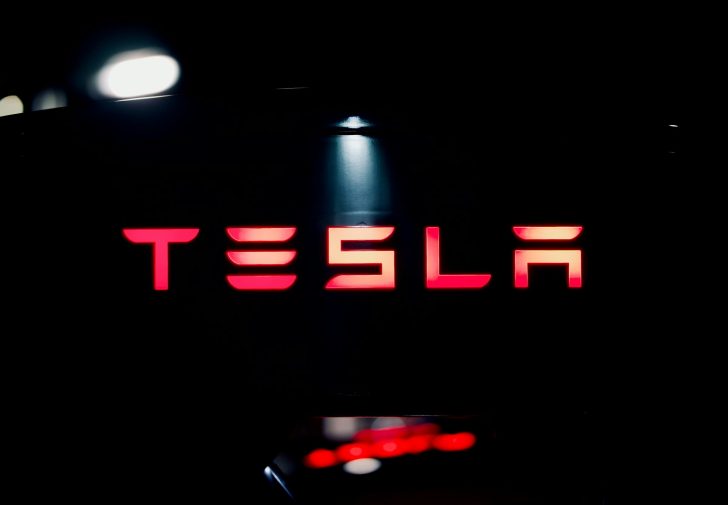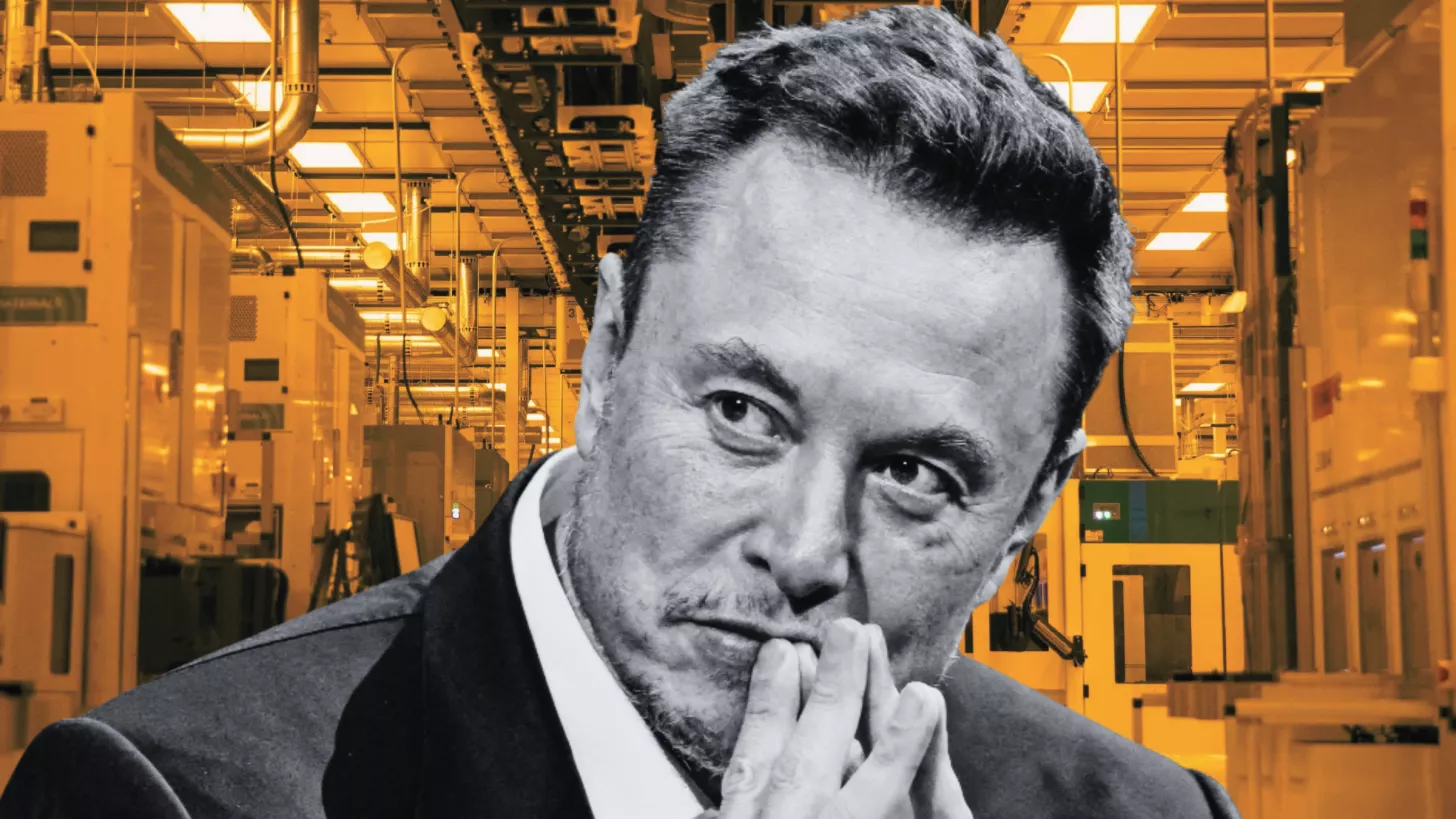Elon Musk continues to push the boundaries of technological innovation, with Tesla at the forefront of his ambitious plans. The latest developments indicate a bold strategy to dominate the AI chip production landscape, far surpassing existing tech giants in terms of scale and speed. This vision underlines Musk’s commitment to advancing Tesla’s capabilities and ensuring its leadership in the AI-driven future.
Revolutionizing AI Chip Production
Tesla has embarked on a transformative journey in AI chip development, as CEO Elon Musk recently disclosed that the company now operates on an annual product cadence. This means releasing new AI platforms every 12 months, elevating Tesla’s position in a highly competitive market. Musk is setting his sights on producing more AI chips than any other manufacturer, emphasizing an unprecedented scale of output.
Ambitious Goals and Production Challenges
Musk has long expressed the goal of producing a staggering 200 billion AI chips annually, driven by Tesla’s expanding FSD-focused vehicle fleet. However, this ambitious target poses significant challenges, not least due to current resource limitations. Tesla’s endeavors into new territories, such as Optimus and Cybercab, further highlight the urgent need for substantial semiconductor production.

Overcoming Production Bottlenecks
To tackle the anticipated semiconductor demand, Musk has proposed an ambitious ‘TeraFab’ buildout. This strategy involves diversifying Tesla’s semiconductor sourcing, with partnerships including TSMC and Samsung for AI5 and upcoming AI6 chips. Plans also extend to potentially integrating Intel Foundry in this initiative. Despite these efforts, Musk remains skeptical about current chipmakers meeting Tesla’s needs, reinforcing the necessity for Tesla’s own chip production facilities.
Elon Musk aims to produce AI chips at a volume higher than that of every other manufacturer, indicating that the scale of output would be unprecedented.
In pursuit of this vision, collaboration emerges as key to building a robust chip supply chain, a challenging endeavor given Tesla’s limited background in semiconductor manufacturing. Musk’s previous efforts with SpaceX illustrate his hands-on approach to overcoming these hurdles. The future of Tesla’s chip production will likely hinge on strategic alliances and innovative solutions.
